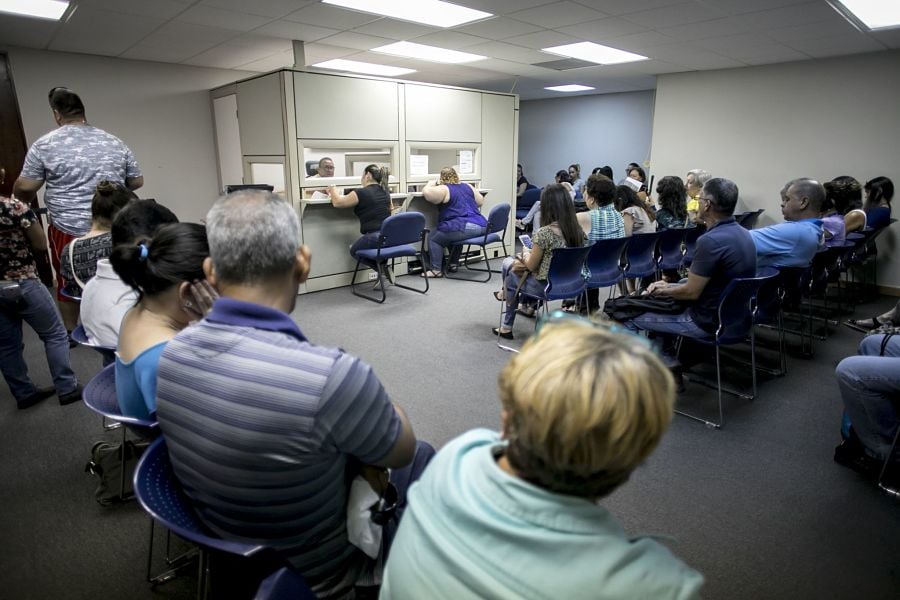

You’ve heard it before. When it came to the Covid pandemic, we may have all experienced the same storm, but we were definitely in different boats.
From the leaky rowboats of retail workers who lost their jobs during lockdowns to the sleek sailboats of white-collar workers whose careers continued from remote locations, Americans experienced a wide range of financial consequences during the pandemic. Now a newly released survey analyzes the financial impact of the pandemic across the generations.
Although 60% of workers have made adjustments in response to pandemic-related financial strain, 82% are continuing to save for retirement, according to a report, Living in the COVID-19 Pandemic: The Health, Finances, and Retirement Prospects of Four Generations, released Thursday by the nonprofit Transamerica Center for Retirement Studies.
As part of the center's 21st Annual Retirement Survey of Workers, one of the largest and longest-running surveys of its kind, the new study examines the retirement outlook of Generation Z, millennials, Generation X and baby boomers. It is based on a survey of employed workers that was conducted in late 2020.
“Given the magnitude of challenges workers have faced during the pandemic, it is truly remarkable that they have maintained focus on their future retirement,” said Catherine Collinson, CEO and president of TCRS. “However, before the pandemic and today, many workers continue to be at risk of not achieving a financially secure retirement.”
More than 80% of workers are saving for retirement through employer-sponsored plans, such as a 401(k), or outside the workplace, ranging from 70% of Generation Z to 82% of millennials and 84% of both Generation X and baby boomers, the survey found. Yet total household retirement savings among all workers remains low, with an estimated median value of $93,000. Baby boomers have accumulated the most with a median account balance of $202,000, compared to $107,000 for Generation X, $68,000 for millennials, and $26,000 for Generation Z.
Consequently, nearly half of all workers in the survey — 49% — expect to work past age 65 or do not plan to retire, and only 24% say they are very confident they will be able to fully retire with a comfortable lifestyle.
More than 40% of workers experienced one of more negative impacts to their employment, including reduced hours (27%), reduced salary (14%), furloughs (10%), layoffs (8%), and early retirement (4%). Members of the youngest cohort, Generation Z, are more likely to have been negatively affected than Millennials, Generation X and Baby Boomers, the survey found.
The financial impact of the pandemic extends beyond retirement savings. Six in 10 workers reported making adjustments such as reducing day-to-day expenses (32%); reducing or stopping contributions to retirement accounts (14%); forgoing health care (14%); borrowing money (13%); moving (9%); and stopping rent or mortgage payments (7%). Millennials, Generation Z and Generation X are more likely than baby boomers to have made any adjustments.
The survey also reveals some positive news. More than 60% of workers cite paying off one or more types of debt as a financial priority, although the type of debt varied by generation. Generation Z is more likely to cite paying off student loans, while millennials, Generation X and baby boomers are somewhat more likely to cite credit card debt.
And as the world attempts to return to work and pre-pandemic routines, 6 in 10 workers express concern about their physical and mental health. Generation Z and millennials are more likely to be concerned about their mental health compared with Generation X and baby boomers, who are concerned about their physical health.
“Workers’ ability to achieve a secure retirement ultimately depends on access to meaningful employment throughout their lives, the availability of retirement, health and welfare benefits, and the preservation of safety nets such as Social Security and Medicare,” Collison said in a statement accompanying the release of the report. “As we emerge from the pandemic, we have an unprecedented opportunity to strengthen the fabric of our retirement system—including how we live, work, retire and age with dignity.”

Driven by robust transaction activity amid market turbulence and increased focus on billion-dollar plus targets, Echelon Partners expects another all-time high in 2025.

The looming threat of federal funding cuts to state and local governments has lawmakers weighing a levy that was phased out in 1981.

The fintech firms' new tools and integrations address pain points in overseeing investment lineups, account monitoring, and more.

Canadian stocks are on a roll in 2025 as the country prepares to name a new Prime Minister.

Carson is expanding one of its relationships in Florida while Lido Advisors adds an $870 million practice in Silicon Valley.
RIAs face rising regulatory pressure in 2025. Forward-looking firms are responding with embedded technology, not more paperwork.
As inheritances are set to reshape client portfolios and next-gen heirs demand digital-first experiences, firms are retooling their wealth tech stacks and succession models in real time.
